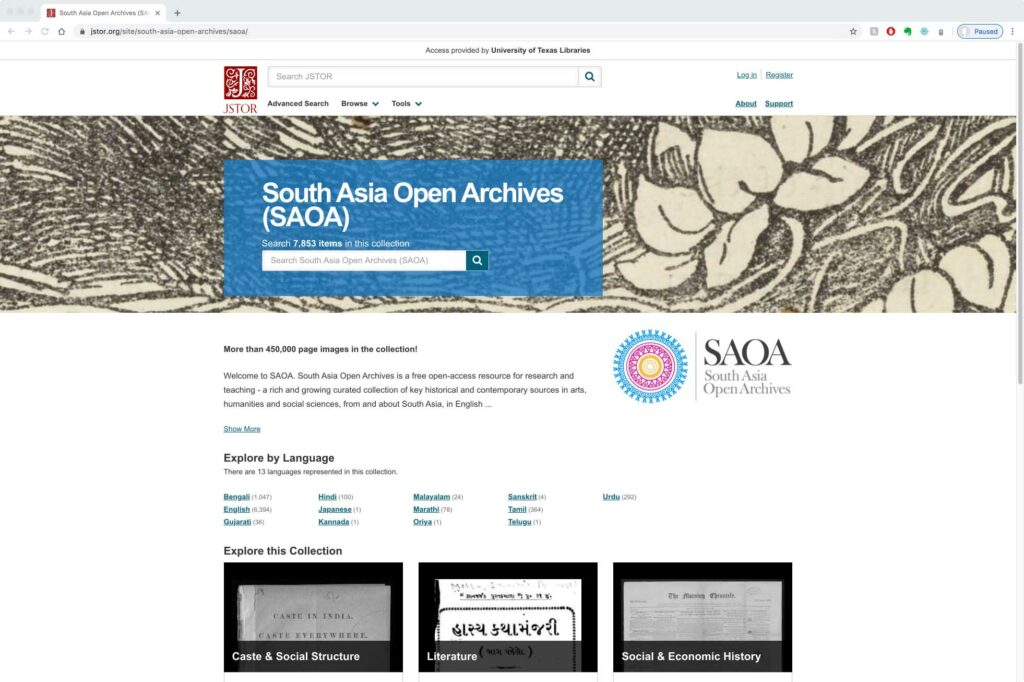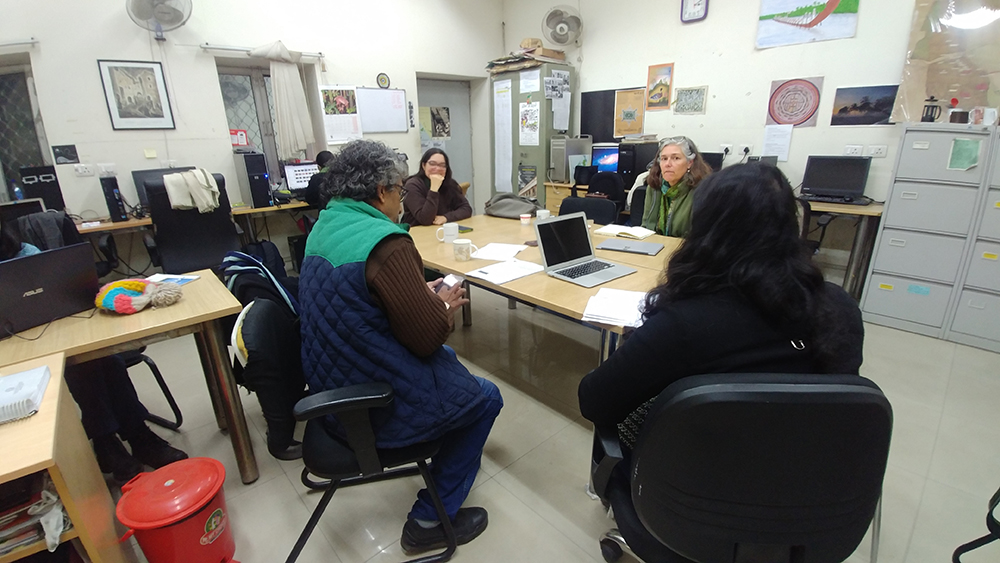Regular travel “to the field” is an indispensable tool in the area studies librarian’s toolkit. Firsthand knowledge of the cultural, political and intellectual context for the production and distribution of information resources is essential to maintaining both our expertise and currency in support of the global literacy being nurtured and developed here at UT. I was fortunate to travel to India again this January due to the generosity of UT’s South Asia Institute and the many donors to UTL’s 2019 Hornraiser funding campaign. I am immensely grateful to both for supporting this mission-critical acquisitions-, networking-, and professional development work!
This year, I was able to visit 3 north Indian cities (Delhi, Lucknow and Varanasi) and I was able to achieve 3 major goals:
- Acquire distinctive materials for UT’s collections, including materials specifically requested by UT faculty to advance their teaching and research but also books in Hindi and Urdu that will deepen our ever-growing South Asian Popular and Pulp Fiction Collection
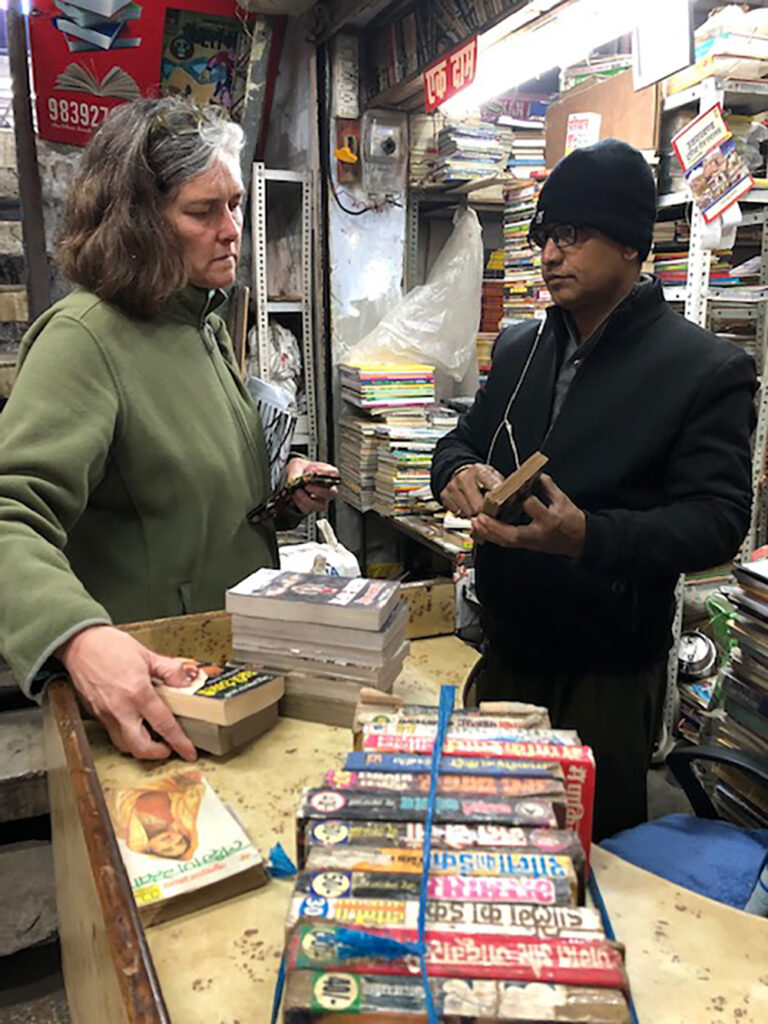
- Meet with faculty members and graduate students at three prominent universities—Ambedkar University Delhi, University of Lucknow, and Benares Hindu University—to learn more about work being done in India and to explore possibilities for mutually beneficial partnerships
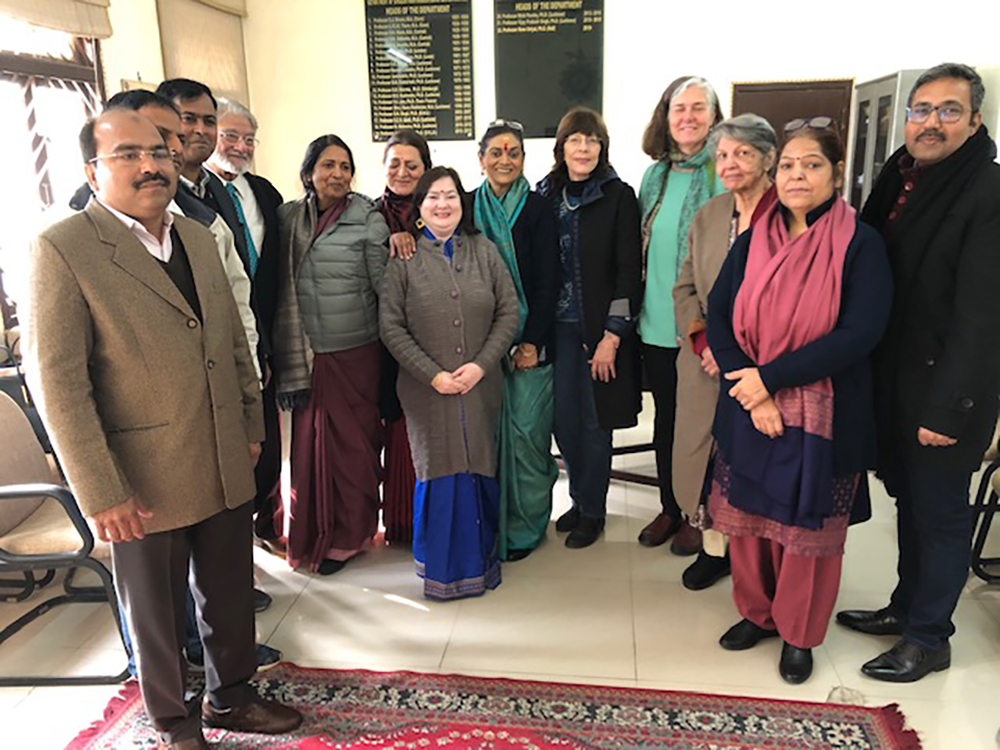
- Advance post-custodial open access efforts on South Asian Studies, including recently completed and collaboratively funded digitization projects, for example the newly available journals (Viplav, Viplavi Tract and Baagi), while simultaneously advocating the use of open access initiatives such as the South Asia Open Archive
One project I have been working on for the past 5 years exemplifies the type of work we UT global studies liaisons try to do while traveling abroad: the Sajjad Zaheer Digital Archive. The opportunity to digitize the papers of the 20th century Progressive Writer, Mr. Sajjad Zaheer, was brought to me back in 2014 by 3 UT professors—Kamran Ali (Anthropology), Akbar Hyder (Asian Studies) and Snehal Shingavi (English)—as all 3 used Sajjad Zaheer’s work in their scholarship. As the Zaheer family had made an MoU with Ambedkar University Delhi (AUD) to be the physical home of the collection, over multiple trips to Delhi and via countless email messages over the years, I worked with both the family members and with representatives of AUD’s Centre for Community Knowledge to inventory the collection, to get permissions to digitize the material, and to put the resulting files online in an open access repository. Successful appeals to UT’s South Asia Institute and the South Asia Materials Project (SAMP) at the Center for Research Libraries for funding and eventual hosting of the archive enabled the work. I used connections I had made on previous trips to facilitate the careful scanning work with digitization partners in India (the Roja Muthiah Research Library). At our meeting this year in Delhi, we celebrated the completion of our initial objectives—digitally preserved and openly accessible copies of the collection.
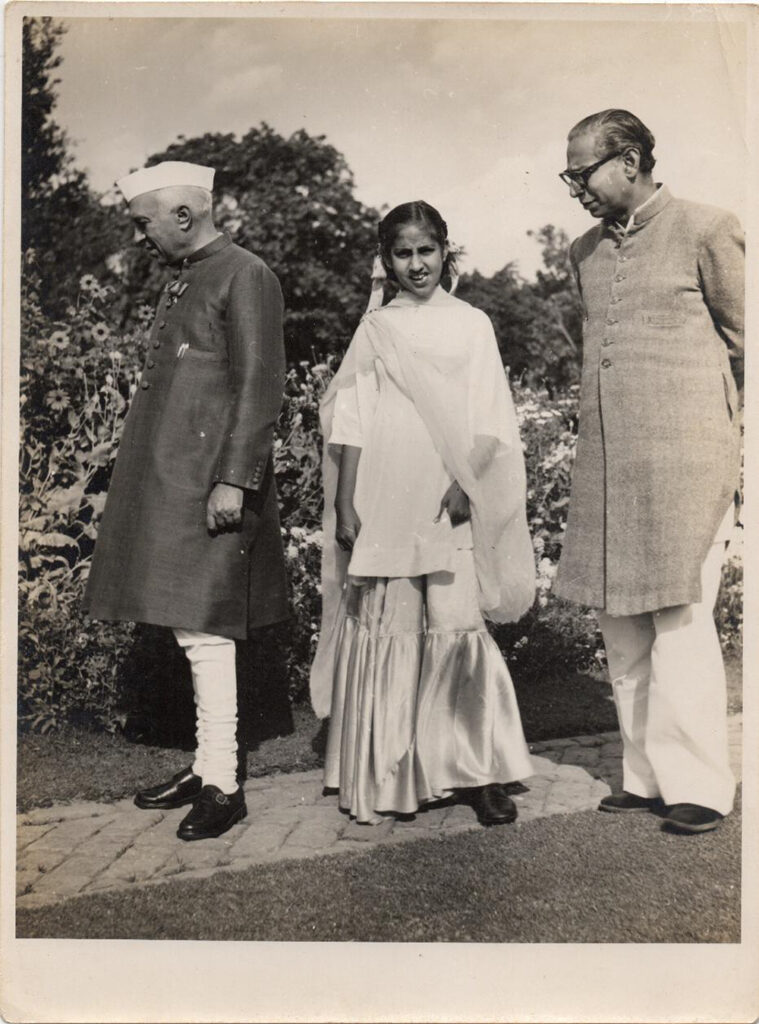
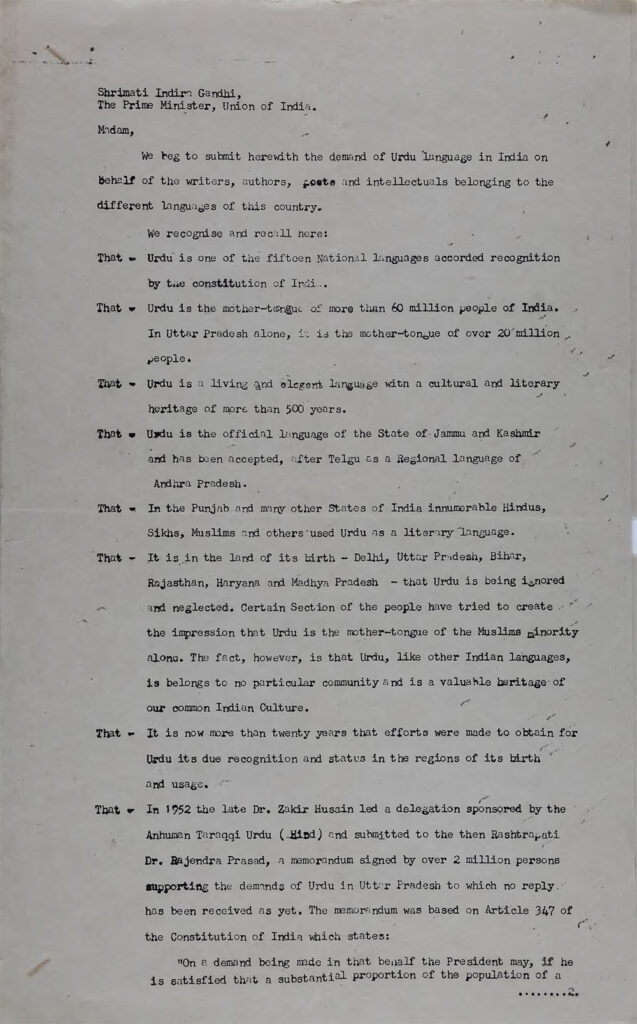
Document from the Online Archive of recommendations (demands) from the Urdu Committee to Prime Minister Indira Gandhi.
Digital collections are never done, however, so we also used this year’s meeting to put our heads together to explore ways to improve access and discovery of the archive (a digital humanities project currently underway at UTL, again generously funded by UT’s South Asia Institute) and to think of other authors’ work we would like to present in similar ways. The project may have taken 5 years but they were productive, cooperative, and mutually beneficial years. I can only hope for such success in future projects!

